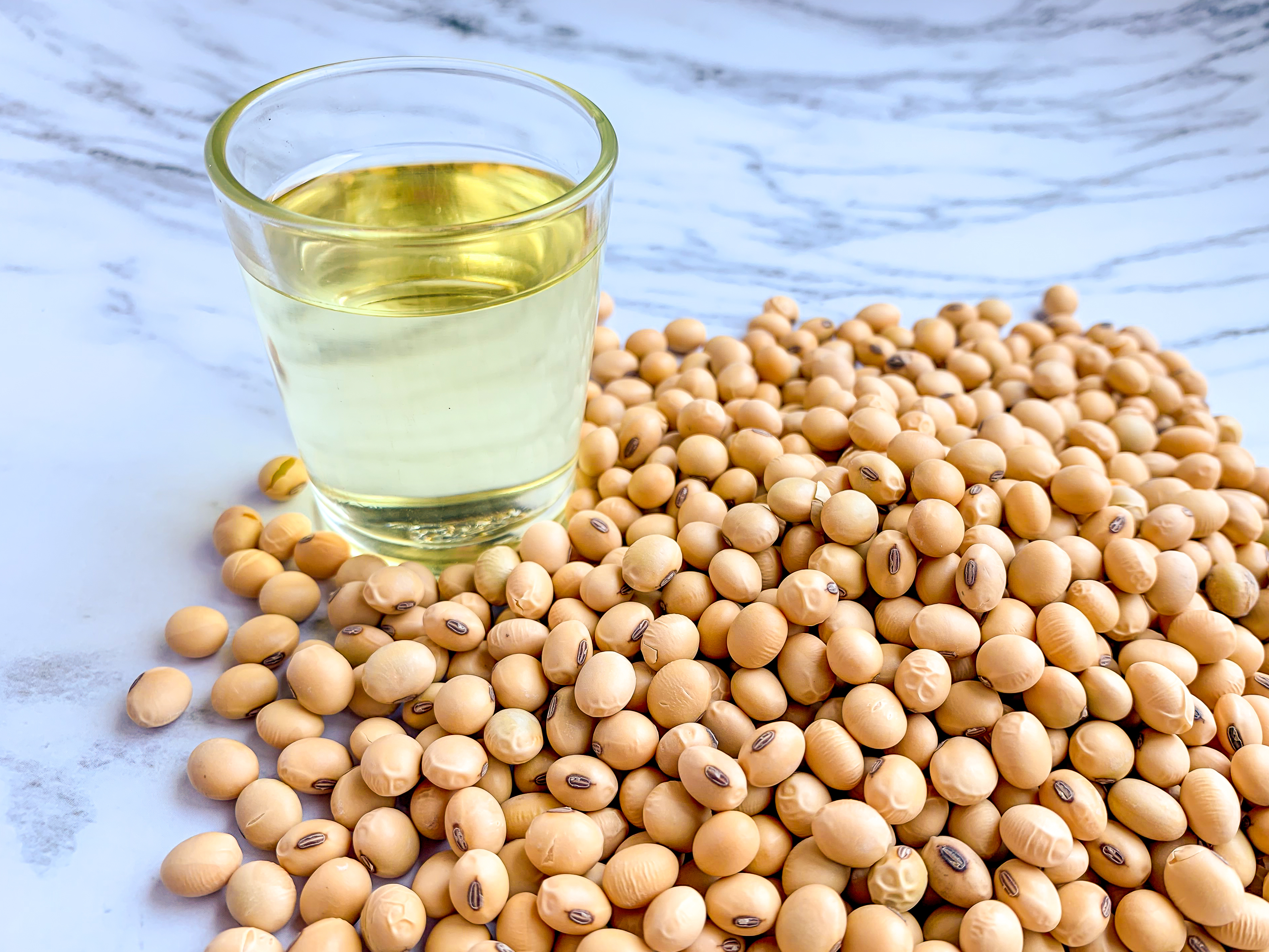2024-11-19
Can Diet Be a Weapon Against Prostate Cancer?
Oncology
Prostate cancer (PCA) is the second most common
cancer among men worldwide, and its incidence continues to rise. While genetic
factors and age play a role, the influence of environmental factors, including
diet, remains to be clarified. Among the preventive strategies studied,
soy-based products, rich in isoflavones, stand out for their protective
potential. However, conflicting results from existing studies justify a deeper
analysis. This study examined the association between soy consumption and PCA risk.
A total of 22 observational studies involving more than 1.4 million participants were selected to evaluate the relationship between soy consumption and PCA risk. The primary evaluation criterion was the relative risk (OR) of PCA based on soy product consumption. The following parameters were considered: level and frequency of soy product consumption, type of soy product (fermented vs. non-fermented), cancer stage, and participants' ethnic origin.
The results highlight the following points:
This study highlights the protective potential of soy-based products, particularly non-fermented soy products, against PCA. However, the impact varies according to the type of product, consumption frequency, cancer stage, and ethnic origin, complicating general conclusions. Further research, including long-term studies and exploration of underlying mechanisms, is needed to confirm these findings and tailor dietary recommendations to individual needs. Haut du formulaire Bas du formulaire.
Soy Products and Prostate Cancer: A Complex Relationship to Unravel
A total of 22 observational studies involving more than 1.4 million participants were selected to evaluate the relationship between soy consumption and PCA risk. The primary evaluation criterion was the relative risk (OR) of PCA based on soy product consumption. The following parameters were considered: level and frequency of soy product consumption, type of soy product (fermented vs. non-fermented), cancer stage, and participants' ethnic origin.
The results highlight the following points:
- Soy consumption reduces the risk of PCA by 6%.
- The protective effect is more pronounced in cases of localized or low-grade prostate cancer (OR = 0.94, p < 0.001).
- Daily consumption (≥1 time/day) is associated with a reduced risk of prostate cancer (OR = 0.80, p = 0.038).
- Non-fermented soy products are linked to a significant reduction in prostate cancer risk (OR = 0.93, p < 0.001).
- The protective effect of soy products varies depending on participants' ethnic origin.
Insights into the Mechanism. Soy isoflavones possess antioxidant and
anti-androgenic properties. They modulate key pathways (AKT, MAPK), regulate
the cell cycle, and promote apoptosis in cancer cells. Variations in effects
based on ethnic origin may be explained by gene-environment interactions.
Soy and Cancer Prevention: A Complex Impact to Further Investigate
This study highlights the protective potential of soy-based products, particularly non-fermented soy products, against PCA. However, the impact varies according to the type of product, consumption frequency, cancer stage, and ethnic origin, complicating general conclusions. Further research, including long-term studies and exploration of underlying mechanisms, is needed to confirm these findings and tailor dietary recommendations to individual needs. Haut du formulaire Bas du formulaire.

Last press reviews
Dark chocolate: guilty pleasure or a renal ally?

By Ana Espino | Published on December 12, 2025 | 3 min read<br>...
A post-exercise infrared sauna session: a booster for neuromuscular recovery or just comfort?

By Lila Rouland | Published on December 15, 2025 | 3 min read<br>
Cinnamon: more than just a spice?

By Ana Espino | Published on December 12, 2025 | 3 min read<br>...